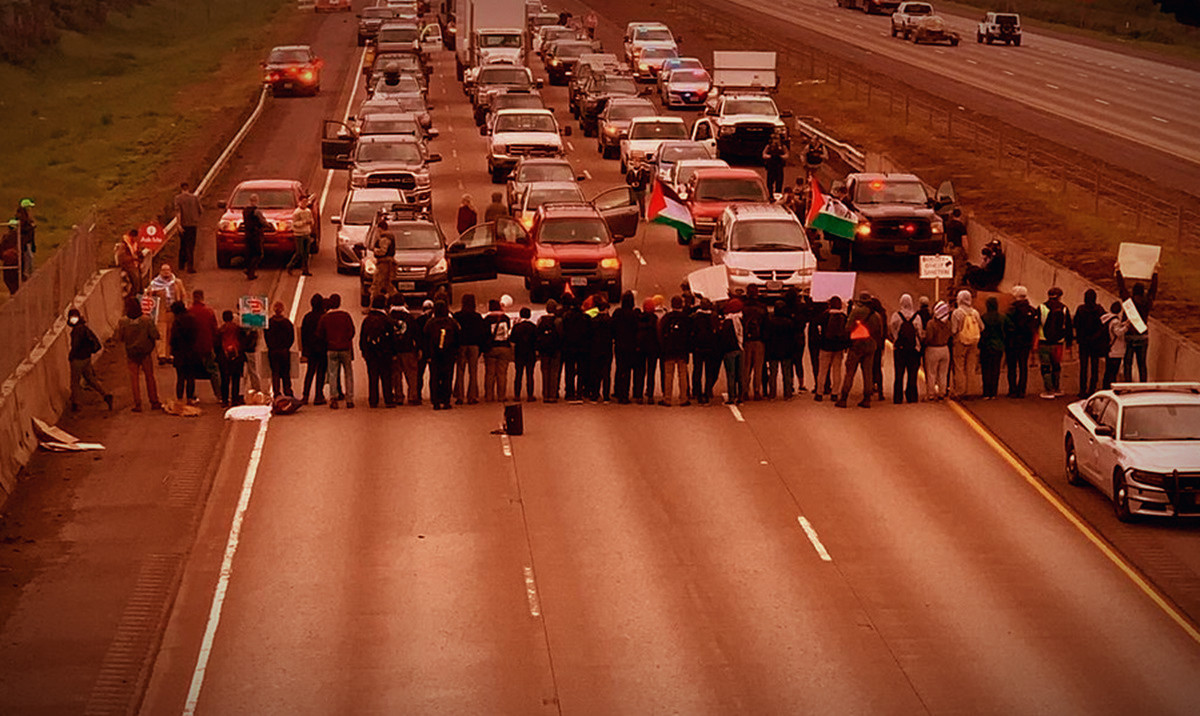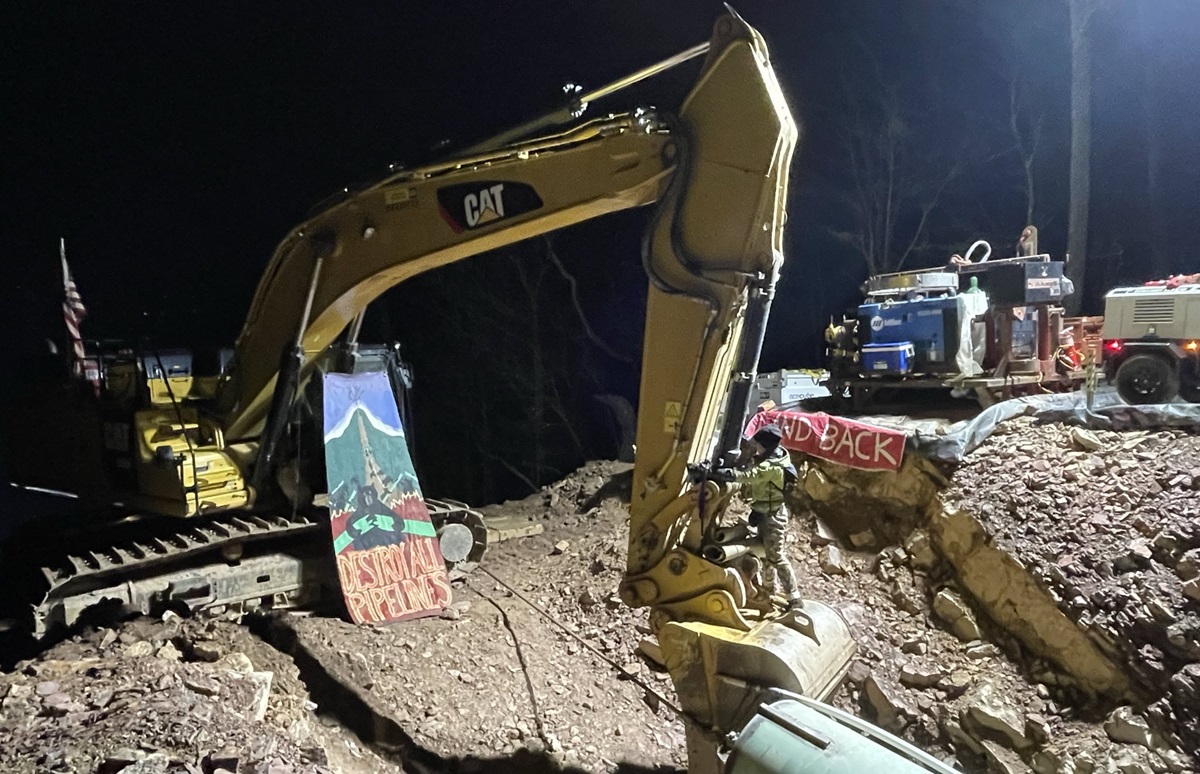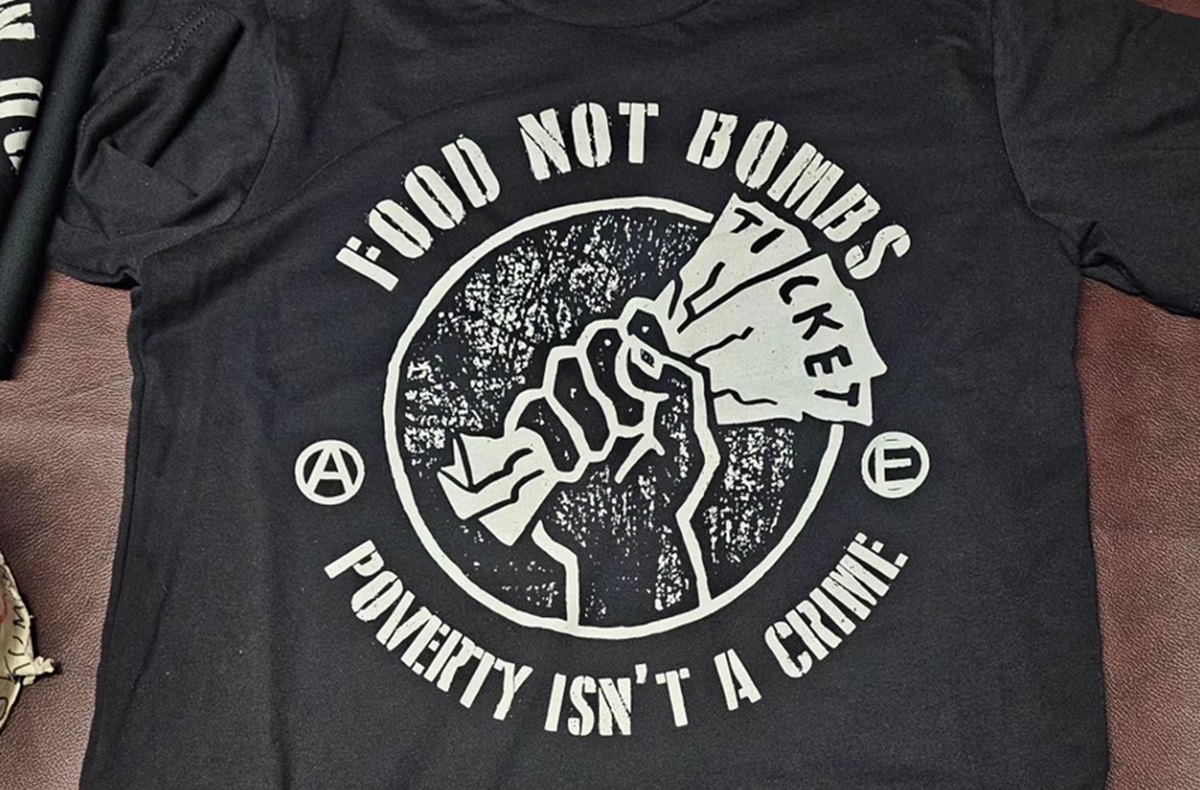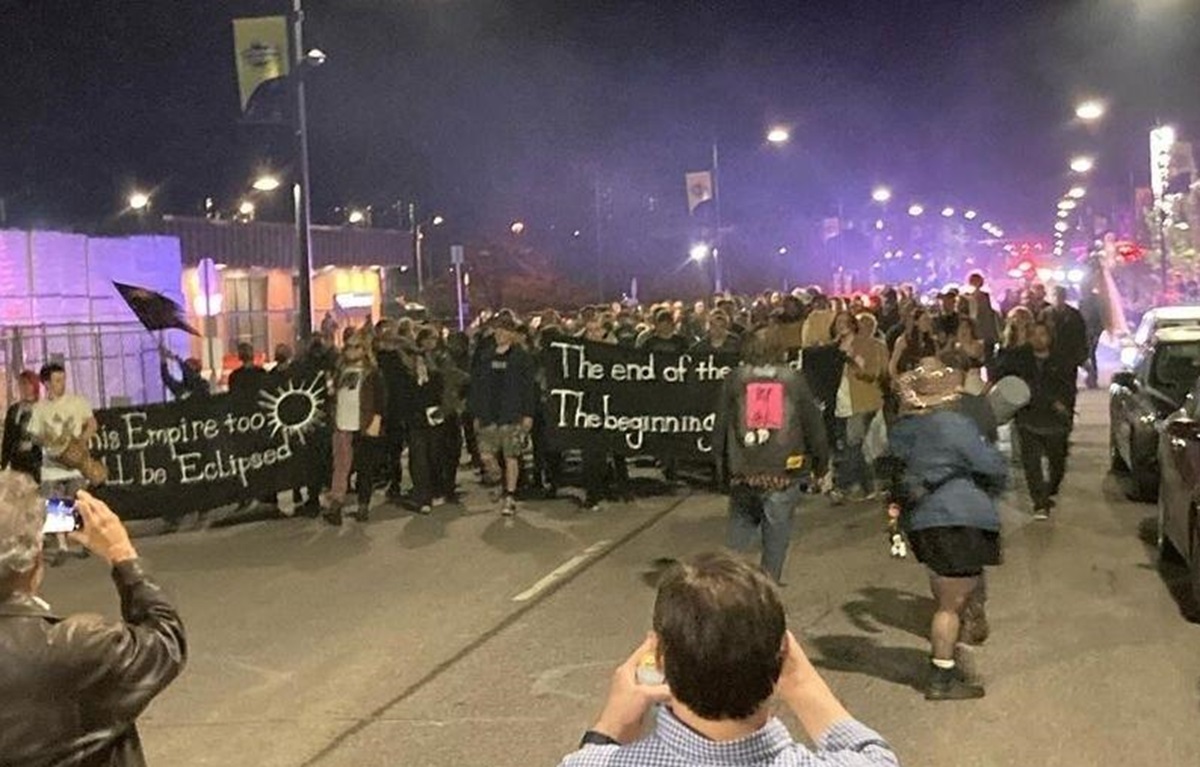Filed under: Editorials, Incarceration, Political Prisoners, US
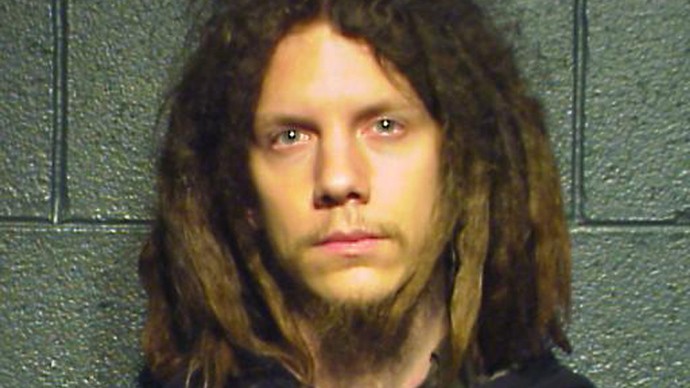
From Free Jeremey
This is part two of a two-part series from Jeremy Hammond, detailing his experience while housed in the segregated housing unit, or SHU, from August to September of 2016. Read part 1.
Back in the box again. Anyone doing time is going to end up in solitary confinement at some point; no self-respecting convict is obeying each and every petty rule, and I’ve been averaging at least a month or so each year since I’ve been down.
While it’s not surprising I found myself in SHU again, this time I had no idea what I supposedly did: no charge or explanation, no one says anything to me for a week. I’m back there pacing the tiny-ass cell thinking maybe this is about reporting on the various lockdowns and water issues, or encouraging mayhem at the DNC and RNC, or writing public statements against the proposed federal prison in nearby Letcher County, KY, or the FOIA requests, or maybe a few other things in the works I’m not sure whether they are aware of or not. None of this is really against the rules, but you never know if they’re going to hit you anyway. Either way it brings me pleasure to know I’ve caused them some headaches and annoyances over the years.
Eventually the bigwigs do their weekly clown parade and I find out I was locked up because I was “encouraging rebellion and criminal activities on the Internet” – i.e. the same thing I’ve been doing since I arrived at FCI Manchester two and a half years ago. But this time I crossed the line, they say, by inciting violence against police officers. I’m told I’m being transferred, and on three separate occasions I’m being told I’m going to a communications management unit (CMU) – a controversial control unit built during the Bush administration with heavy restrictions on communications primarily reserved for supposed “terrorists.”
Later I find out it was specifically over this tweet: “Cops getting away with murder for so long it’s about time someone started popping off on them pigs. It’s tit for tat, baby. Support the Dallas Shooter!”
Remember kids, #BlueLivesDontMatter! #FreeJeremy #JeremyIn140 #ACAB #FTP pic.twitter.com/S1zbnxwgvU
— Jeremy Hammond Support Committee (@FreeJeremyNet) July 21, 2016
Inflammatory, sure, and in retrospect I don’t want anyone to think I’m encouraging people to shoot at random cops, But I also didn’t say anything that’s not being said in every prison and in every neighborhood that experiences police violence on an everyday basis. This came in the immediate aftermath of the murders in St. Paul and in Baton Rouge, after the acquittal of the cops in Freddie Gray’s death: it just keeps happening over and over again. Imprisoned, we’ve watched all of this from afar, unable to attend the rallies and join the widespread public outrage against these killer cops who just keep getting away with it over and over again.
Groups like the Fraternal Order of Police and various police chief associations knew they had another mess on their hands and launched a coordinated PR campaign to turn the story away from all the people being murdered by cops and focus on some supposed Dallas shooter conspiracy to attack law enforcement. They condemned the shooter as a terrorist and a racist, saying he was visiting “hate” websites and tried connecting the attack to Black Lives Matter despite the fact BLM is overwhelmingly nonviolent. For days all you’d see on the news was “American heroes under attack” with various police representatives justifying increased militarization at rallies while somehow also claiming that “police protect the protesters,” a ridiculous assertion considering how they regularly beat up and mass arrest us.
You’d get the impression there was universal denunciations of the attack, but when they showed his picture with his fist in the air, most everyone here in prison was like “Hell yeah!” and “It’s about time!” – supportive sentiments contrasting so heavily from the seemingly universal condemnations from the TV networks and the pacifist reformists. I put the tweet out because the perspective of prisoners who have also experienced police brutality, whose voices are otherwise silenced and dismissed from the debate, must be heard.
Understandably, the BOP was pissed about it: after all, the flag at FCI Manchester was at half mast for a week, just as it was when Nancy Reagan died. But some friends also raised similar concerns whether I was wise to be so explicit and brazen, whether I really believe indiscriminate violence against police is the best strategy. What I said was really not all that different from what I’ve been putting out since before I was locked up. For example, the Anonymous “Chinga La Migra” hack of Arizona police included an ASCII graphic of an AK-47 with the words, “Yes we’re aware that putting the pigs on blast puts risks their safety, those poor defenseless police officers who lock people up for decades, who get away with brutality and torture, who discriminate against people of color, who make and break their own laws as they see fit. We are making sure they experience just a taste of the same kind of violence and terror they dish out on an every day basis.” Another comrade in Texas brought up a point: since they very well could have been at that protest, would it have changed my attitude if they were also hit? The shooter was specifically targeting cops, but two protesters were also hit.
To be clear, I don’t think we should be going around killing cops, and it is extremely reckless to shoot off guns at protests. With any tactic, you absolutely have to eliminate any possibility of inadvertently injuring innocent bystanders: consider that for all the actions of the ELF and the Weather Underground, they never killed anybody. When I did the “Shooting Sheriffs Saturday” hack of 70+ police departments, I redacted the personal information of people in jail, while posting the names, addresses, and email contents for thousands of police officers.
The state of free speech in imprisoned America and the growing rift between police and the people was swirling through my mind as I sat in the SHU. This is the third time I’ve been here at Manchester SHU, four if you want to count the two day “mistake” they made a month earlier. For all the talk of prison reform, there have been no observable changes in the cruel and unusual conditions that is everyday life in the Special Housing Unit. Manchester’s SHU is more restrictive than national BOP policy: no newspapers, books, magazines or photographs allowed from the mail. No coffee. Two junk fiction books off this janky-ass cart they pass around once a week. Only five hours of fresh air a week in the dog cages, if they don’t take it for frivolous reasons like our shirts not being tucked in or our bed not being made. Catch a shot while you’re back there, even for something as petty as saving bread or a packet of ketchup from one of the meals to eat during those late night hungry moments, they’ll come and take your blanket, put you in paper suits, and give you cold meals for five days.
The isolation and drudgery can’t be understated: even strong minds, no matter what, you’re going end up a little bugged out and have to find creative ways of passing time. I folded some origami dodecahedrons, played the movie “The Matrix” in my head with Neo being played by Will Smith as it was originally intended, and mastered the technique of peeling paint off the walls by simply staring at it long enough with enough concentration. But the stretches of boredom are sometimes punctuated with brief intense moments, like when my comrade two doors down was hit with the extraction squad. Refusing to cuff up to be put into the paper suits for refusing a cellie, a goon squad decked out in riot gear busted down the cell, roughed him up a bit while shouting “stop resisting,” cut off his orange rags, and forced him into the paper suits. It was horrific, but cell extractions like this are pretty common and supposedly backed by policy.
After a month of being told that I was going to be transferred, all of a sudden I’m kicked out the SHU and back on the compound. I’m given a write-up which reads like a federal indictment: “Hammond has the ability to influence the decisions and actions of others in public. Therefore, by directing his outside contact to post messages advocating violence towards a particular group of people, Hammond has effectively endangered the public, specifically police officers.” But it’s only a 397 series write-up for “phone abuse,” a low-severity shot you generally don’t even go to the box for (though they did take my phone privileges for two months).
I was given a stern warning by the prison’s intelligence officers who made it clear I got off light and that they are watching my every move and communication. I asserted my right to speak freely about politics, prison conditions or whatever I feel like, which they even acknowledged was allowed, but that I “can’t incite or advocate violence in any way.” Furthermore, “we know about the strike,” referring to the September 9th nationwide prisoner work strike on the anniversary of the Attica rebellion. “Hmm?” I mused. “Don’t know what you’re talking about.” Though there are a thousand complaints about our conditions, and that they’re working at UNICOR military sweatshops for nickels an hour, the climate here and at most medium-security prisons is pretty chill and it doesn’t look like people here are trying to buck. In any case, I don’t want to go to a CMU or spend months in the SHU awaiting transfer: they’ve won this round, I’m going to chill out, happy just to be drinking coffee, getting some sun, and reading good books.
Catching up on world events from the giant stack of newspapers and magazines they’ve held since I’ve been gone, it looks like the situation has been getting worse and worse. Another police murder of a black youth in Milwaukee while Donald Trump encouraged law enforcement to use increased militaristic tactics, specifically mentioning my hometown of Chicago where the cops have been basically waging a war on the people. Despite the “blue code of silence” cover-ups, the Homan Square black site, the failures of the Independence Police Review Authority, the police propaganda machine is pushing “Blue Lives Matter” laws to create a new class of hate crimes, something which I probably could have been prosecuted under simply for what I’ve spoken about in the past. The word is out, they’re monitoring everything, so watch what you say, even what you think, especially if you’re in prison. But in the back of the minds of all those who have experienced police oppression, the question remains: what is it going to take to put an end to this police state once and for all?


